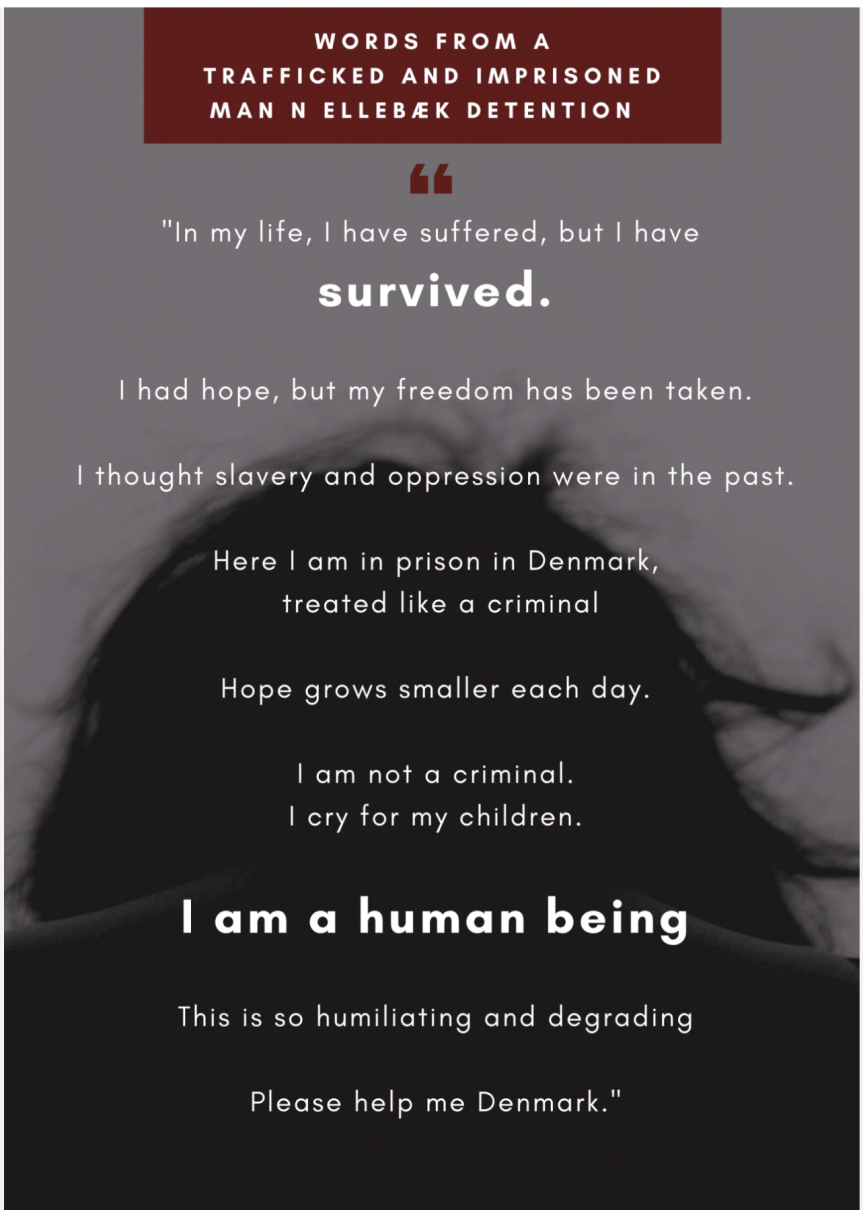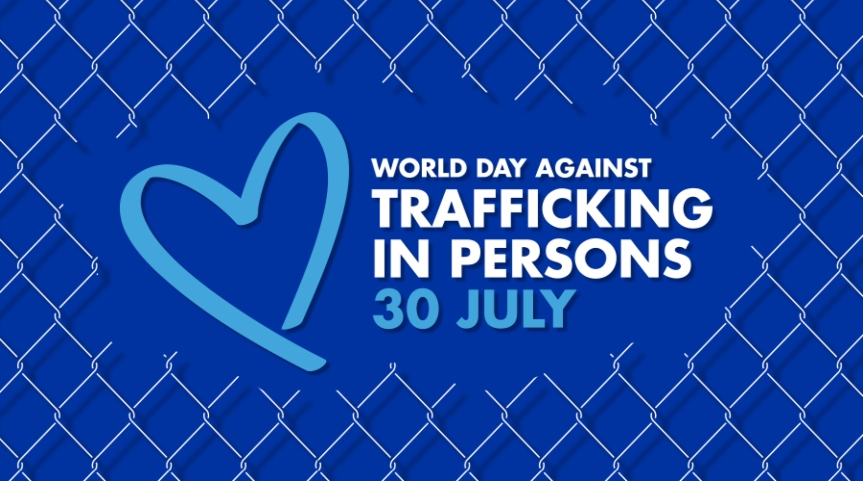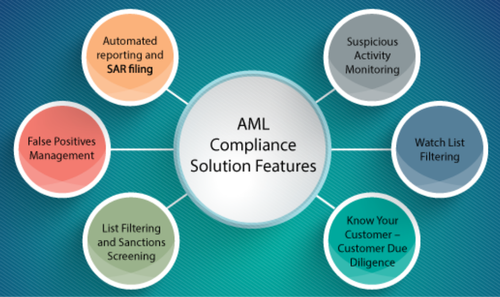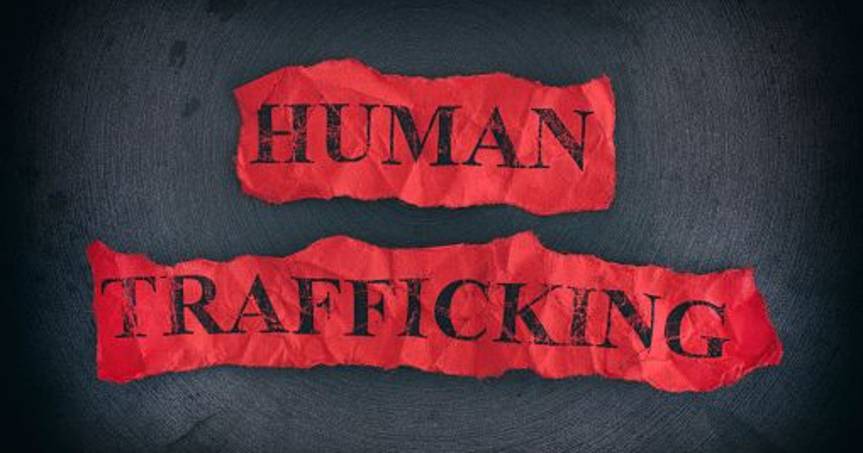
On Tuesday, in the midst of its fight against the spread of Covid-19, Spain extended its measures to protect victims of gender violence and women victims of human trafficking, sexual exploitation and prostitution in the face of the country’s coronavirus lockdown. This is after the western European nation has registered more than 204,000 Covid-19 infections and over 21,200 deaths.
Under the measures to be piloted by Spain’s Ministry of Equality, victims will be able to access improved support services, emergency accommodation and claim a new social benefit for those at risk of extreme poverty. The benefit, called the Minimum Vital Income, will be formally announced in the coming days and shall take effect from the beginning of May.
Due to the state imposed restrictions on movement, many victims of human trafficking and sexual exploitation and prostituted persons have not had their rights protected since March 12. Normal support services were halted and some civil society organisations in Europe – as elsewhere around the world – have experienced a decline in income, shifted to online interventions and had to furlough staff.
It is hoped that as the Spanish army and police conduct inspections and close hostels, hotels and clubs, they will better coordinate with those civil society organisations that can still provide assistance and protection. In this way, the expertise to detect and identify victims of these hidden crimes will be available and the interventions will be more effective.
While we appreciate these efforts to ensure no one is left behind as Spain continues to fight against Covid-19, CURB is concerned about the sustainability of the measures. We trust medium and long term planning is being done in consultation with the survivors of exploitation and trafficking. It would be remarkable and appropriate if the steps forward to be taken by the State include strong legal and judicial action against sex traffickers, exploiters and buyers and holistic, sustainable services for their victims.
For more information, please visit https://www.reuters.com/article/us-health-coronavirus-spain-trafficking/spain-provides-lockdown-support-for-trafficking-victims-prostitutes-idUSKCN22327G







You must be logged in to post a comment.